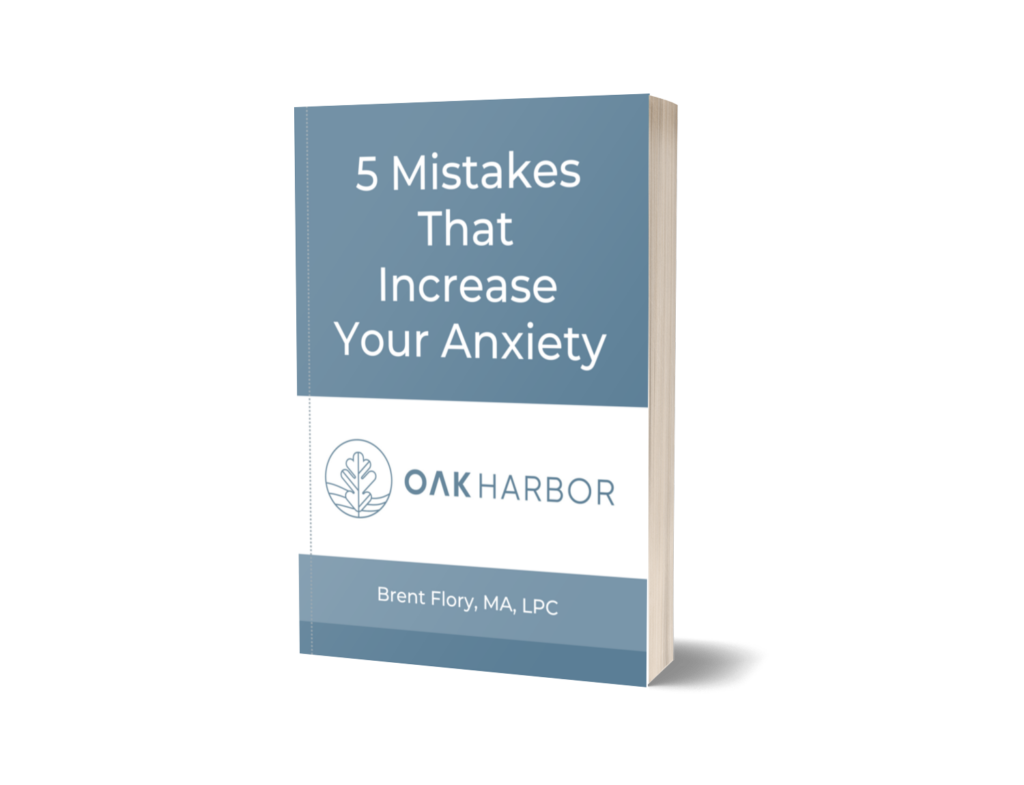Regretting the Mistakes of the Past
Let me tell you a story about a friend of mine. We will call him “Andy”. When Andy went to college, he got caught up in the party scene and didn’t take his classes seriously. He eventually fell so far behind academically that he had to drop out.
“I had a scholarship. I had a chance to be a college graduate, a chance to be somebody. And I blew it,” Andy said.
This regret has haunted Andy for decades. He is in management in a good company, yet Andy defines himself in part by this regret. Being a college graduate was an important goal for him.
I’ve challenged and encouraged him to go back to school. But he has never been able to act on it.
He says, “I regret dropping out. But what’s done is done.”
Regret Can Stay With Us Forever
Regret is a feeling of sadness about a disappointing event or about a mistake that you have made. Roese and Summerville did an analysis of 11 regret ranking studies and found that the top six regrets are related to:
- Education
- Career
- Romance
- Parenting
- The Self
- Leisure
You can regret your actions, or your inaction. You can regret your words, or regret that you didn’t say certain words enough. We can feel regret when a loved one has died, or when a relationship has ended.
We can feel regret briefly. Or regret can follow us our entire lives.
How to No Longer Be Trapped by Regret
Do you find yourself caught in the thick of regret? Here are some steps that you can take.
1. Notice and acknowledge your thoughts and emotions.
Allow yourself to notice and acknowledge your thoughts and emotions regarding your regret. Many of us try to ignore our feelings, which just keep us stuck.
2. Make room for the additional uncomfortable emotions it evokes.
There are other emotions that accompany regret. You may feel remorseful, defeated, and disgusted with yourself as well. You understandably won’t like experiencing those emotions. But fighting against them will only intensify them.
Instead of fighting them, see if you can notice them and make room for them. Just allow them to be what they are, and come and go on their own schedule.
It’s kind of like coping with a boss that hovers around you, looking over your shoulder at your computer screen. Trying to get rid of them makes them worse. Just tolerate them until they decide to move on.
3. Choose to treat yourself kindly.
Speaking to yourself with kindness and compassion may feel foreign at first if you aren’t accustomed to treating yourself that way. But we all have experienced regret. Beating ourselves up just makes us even more likely to make decisions that will lead to further regret.
Instead, choose to speak to yourself like you would a close friend, with kindness and respect.
4. Mourn the loss of your hopes, dreams, and expectations.
We feel regret because we are experiencing the loss of hopes, dreams, or expectations about something. Regret can be a sign of unresolved grief in our lives that needs to be worked through.
To work through overwhelming regret, check out the Grief Recovery Handbook. The detailed steps outlined in the book will help you in your healing process. If instead you’d like the guidance of a therapist who specializes in grief counseling and live in central Ohio, feel free to reach out to me.
5. Write down what you can learn from your regrets.
When you have worked through (or begun to work through) the emotional side of your regret, then you can begin to identify what lessons you can learn from your regrets.
Are there principles you can apply to avoid this kind of mistake in the future? What would you do differently that might help you if you face a similar situation down the road? Whether your regrets relate to your personal or professional life, writing down your learned lessons can be invaluable.
6. Identify what changes you can make and take action.
Perhaps you regret a situation or decision that cannot be changed. Or maybe you are like Andy and wanted to get a degree years ago.
You can’t change what happened years ago. But you can dramatically change your tomorrow.
Regret can bring clarity, when handled in a healthy manner. It communicates the way we want to treat others when we fall short, or who we want to be professionally in the future.
You may not be able to directly resolve your regret over how you treated your ex. Or you may not be able to make amends at your last company. But you can start being more like the kind of person you aspire to be today. That will set you up for a tomorrow with less regrets.
Are you struggling with loss & grief, anxiety, or burnout and live in Ohio? Reach out to me at Oak Harbor Counseling Services. My office is conveniently located in northern Columbus. You can learn more about my counseling practice here or email me at [email protected].



